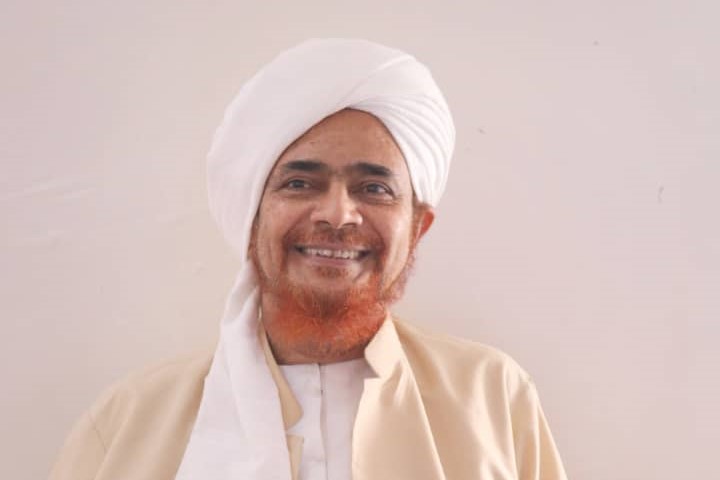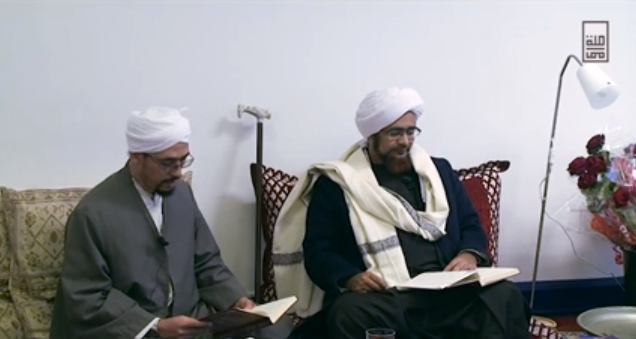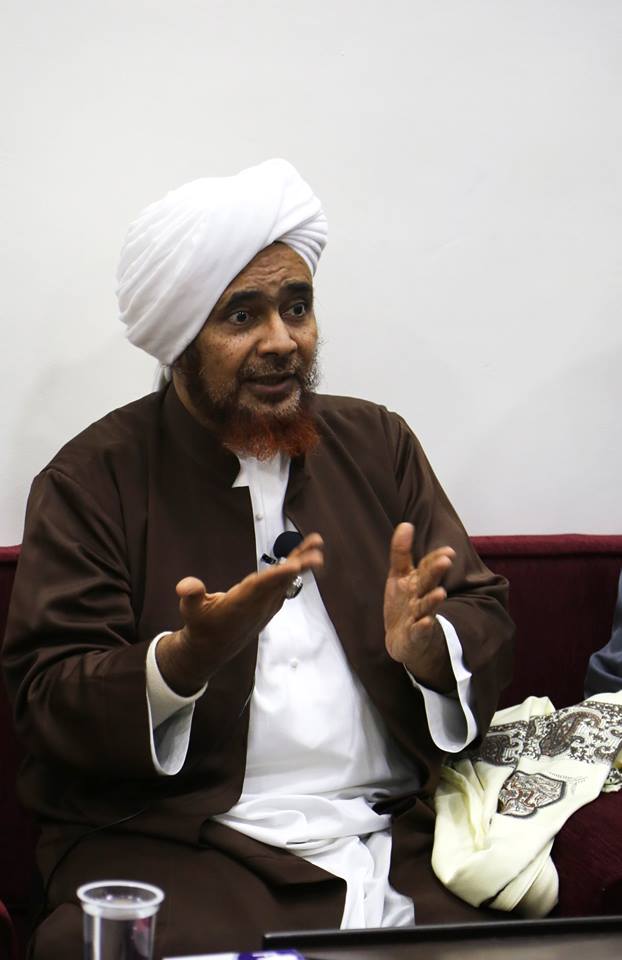Sayyidi Habib Umar bin Hafiz (may Allah protect him and benefit us by him) talks about the importance of remaining connected. Extracts from a talk delivered in Masjid Ba `Abbad, on the visit to the Prophet Hud (peace be upon him), 7th Sha`ban 1434 /16th June 2013.
We find that at times people are given openings and unveilings as a result of their acts of worship or they are given success in calling people to Allah. They then, however, become disconnected from their chain of connection to the great shaykhs and to the Beloved ﷺ. They may think they are gaining something when in fact they are losing. Allah did not allow anyone to see themselves as being independent of their chain of connection. Continue reading Remaining Connected










